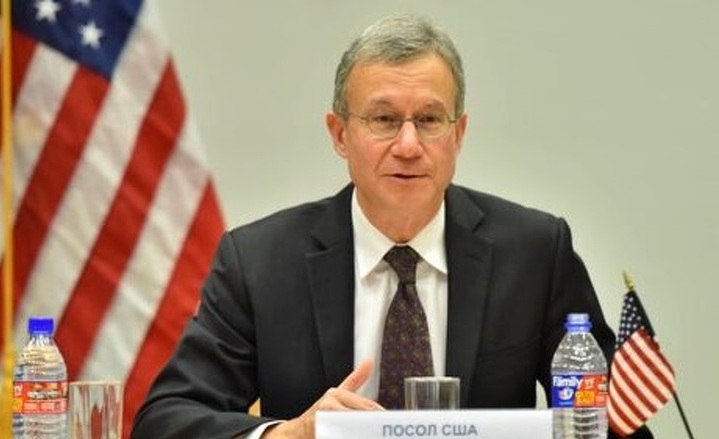CSTO to Hold Series of Military Exercises in Central Asia
In the coming days, the Collective Security Treaty Organization (CSTO) will hold a series of exercises to protect stability in the Central Asia region. The director of the First Department of the CIS countries, Mikael Agasandyan, told RIA Novosti: “Russia is consistently making efforts to develop the CSTO’s potential as an effective structure responsible for maintaining stability in member states and the vast Eurasian space. In the coming weeks, a series of exercises are planned with various components of the Organization’s Collective Forces on the territory of Kazakhstan, Kyrgyzstan, and Tajikistan, aimed at practicing joint actions in the Central Asian region to protect the stability and collective security, in particular, taking into account the situation in Afghanistan.” He also noted the interest in the CSTO's work on the part of Eurasian states that share the opinion on the importance of creating a single, indivisible, and reliable security space on the continent. The Times of Central Asia has previously written about other CSTO military exercises held in Kazakhstan.






